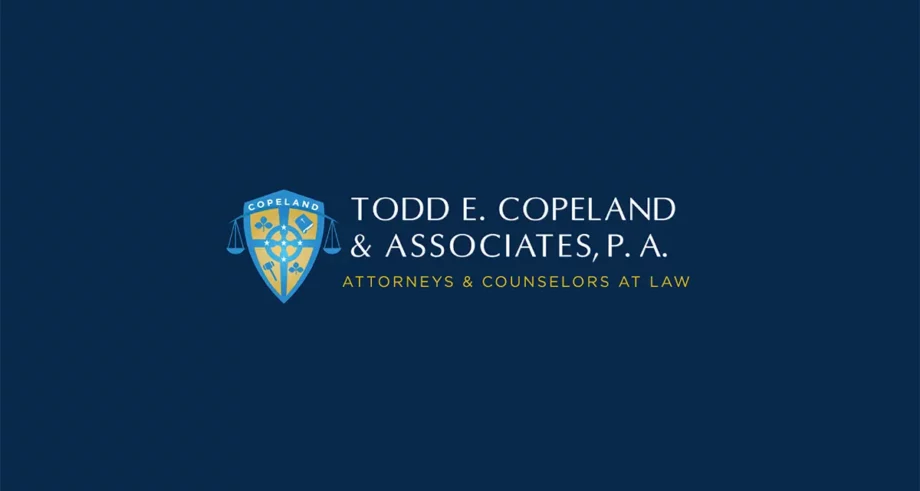A prescription drug developed to treat hypertension by lowering blood pressure may be doing patients more harm than good, according to recent findings by the United State Food and Drug Administration. Studies show a link between Benicar, an angiotensin II receptor antagonist produced by Japan’s Daiichi Sankyo, Inc. and approved by the FDA in April 2002, and sprue-like enteropathy.

Multiple patients who had been prescribed Benicar reported experiencing unexplained diarrhea, which in many cases led to significant weight loss. For a number of these patients, it’s believed that the medication also caused intestinal damage, which may be permanent. Symptoms are similar to that of sprue, a chronic disease that occurs primarily in the tropics and results from malabsorption of nutrient from the small intestine. It’s marked by diarrhea, ulceration of the mucous membrane of the digestive tract, and a smooth, shining tongue.
Symptoms also are similar to celiac disease, also called celiac sprue, a digestive and autoimmune disorder that damages the lining of the small intestine when foods with gluten are eaten. Intestinal damage makes it difficult for the body to absorb nutrients, especially fat, calcium, iron and folate. Thus, many multiple Benicar-treated patients have been misdiagnosed.
The connection between use of Benicar and enteropathy was first reported in June 2012 by researchers at Mayo Clinic. Between 2008 and 2010, Mayo physicians had seen 22 patients with symptoms that suggested celiac disease but antibody blood tests that did not support the diagnosis. Later in 2012, researchers at the American College of Gastroenterology meeting noted that olmesartan had been linked to another 40 similar cases. The 22 initial Mayo Clinic patients reported averaged 69 years old and suffered diarrheal illness for an average of 19 months. In the months after they stopped using the drug they gained an average of 27 pounds.
At highest risk are patients who have type 2 diabetes. Results of a clinical trial of Benicar also suggest an increased risk for cardiovascular death in patients using the drug over those taking the placebo.
If you have been treated with Benicar and suffered any of the symptoms mentioned above, talk with a physician about alternative treatments. Then, contact an experienced dangerous drugs attorney. Orlando’s Todd E. Copeland & Associates can be reached at 407-999-8995.
